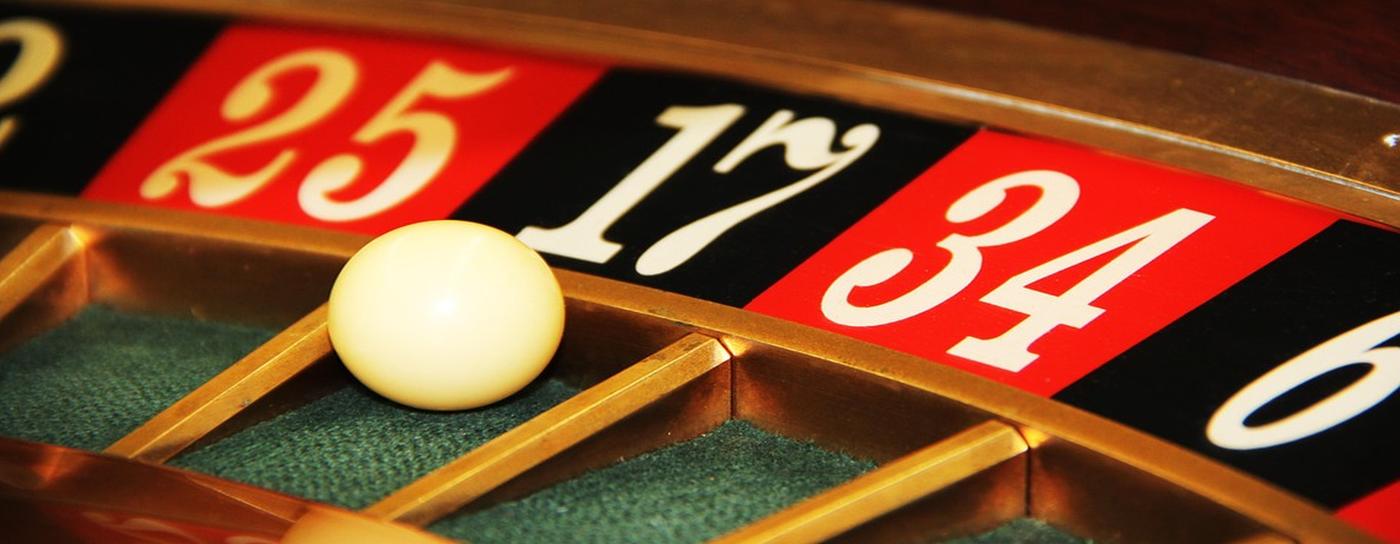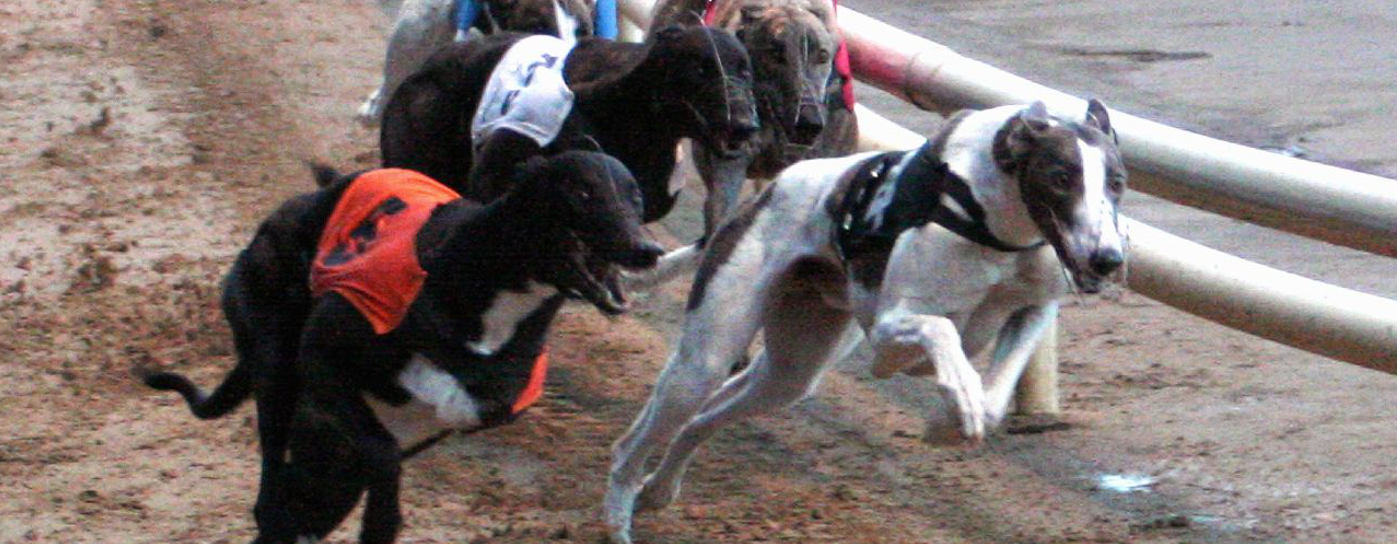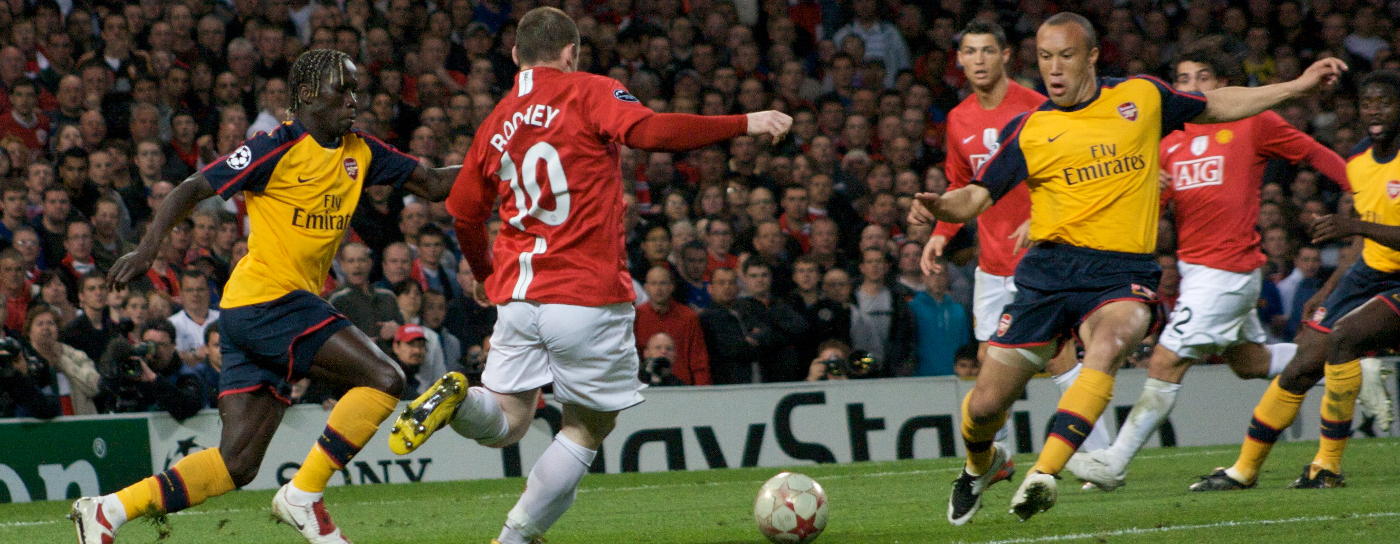
Like many people I like to gamble for entertainment. In my opinion gambling should be legal in a modern democracy, but legalisation comes with huge responsibilities for those providing gambling services.
Nobody can deny that the UK gambling industry has been a fantastic success since its liberalisation in 2005 when it’s judged simply on expansion and profit, e.g. the amount gambling companies won from customers was £8.36 billion in 2008-09 and £13.8 billion in 2015-16.
Through the aforementioned kindness (liberalisation), small corporations have become large by expanding not just in the UK, but throughout the world, even trading quite openly in countries where gambling is banned. This latter aspect shows the arrogance some gambling corporations have developed for authority, as you will read this arrogance, in my opinion, has become an Achilles heel.
After 2005 expansion in the UK was initially easy; a lack of regulation whereby corporations were able to run their gambling businesses in an ideal business environment by effectively banning all customers who showed signs they may win at sports betting whilst still being able to exploit the vulnerable.
Times became much more difficult when the free market ensured the UK gambling market became flooded with gambling companies, most based in tax havens, which gave them unfair cost benefits compared to UK based companies. Despite this, the UK Gambling Commission (GC) continues to hand out gambling licences like confetti, irrespective of where a company is based. The truth is you don’t even need a UK licence, because you can effectively buy into one using the idiotic system called ‘white licensing’.
These recent more difficult competitive times have led to high profile mergers, the squeezing out of nearly every independent bookmaker by the ‘big boys’ and the search for more and more ways to increase turnover. Large corporations need large supplies of money to balance their books and feed their investors. These corporations are very different to your nearly extinct local bookie of the late 20th century.
Presently there is recognition by some in officialdom that all is not well with the industry and I don’t mean the loss of independent bookmakers, I mean the safety, fairness and openness of how the industry trades.
The conclusions of the UK’s fixed odds betting terminal (FOBT) review was like a bomb going off. The decision to reduce the stake to £2 was unforeseen by the industry. A fortune was spent on defending the indefensible (the status quo), when some sensible ‘give and take’ was needed. This industry intransigence may have related to the arrogance mentioned earlier? I don’t know, but I bet there were some voices who were convinced the industry couldn’t lose. To be fair nobody knows what the financial loss will be and it’s about time that everybody realised that the new legislation will still mean that customers can turnover £45+ per minute on these legal electronic ‘thieves’. Personally, I’ve never played on a FOBT, but I have read a lot about them and spoken to plenty of people who’ve used them and completed research about them. I’ve yet to hear one sensible argument for having them in anything like their present form in retail units that require no ID to enter.
Large corporations are able to trade nearly anywhere in the world, so whatever happens next with gambling regulation in the UK you can be sure that other less, even unregulated markets, will be found to address balance sheets and feed investors. Smaller operators don’t have this option, so they are in the biggest danger from increased UK regulation and the inevitable cost of this.
Having spent a fair amount of time since the middle of 2018 communicating and meeting with Lords, MPs, regulators and lawyers it’s clear that greater UK regulation is coming and possibly extensive legal action for past industry misdemeanours. Nobody can accuse ‘Justice for Punters’ of not warning people that this would happen if speedy changes led by the industry and the regulator were not forthcoming.
Even people who support the industry have had enough. I’ve attended one seminar and spoken at another organised by the ‘Parliamentary All Party Betting & Gaming Group’. I thought I was entering the ‘lion’s den’ when I was invited to speak. Nothing could have been further from the truth; compared to the other speakers I was given an easy time. It was clear that the APPG members were just as fed up of gambling companies delaying and refusing withdrawals as they were about people not being able to place sports bets with stakes as low as £5. When your friends are unhappy with you it’s time to have a serious rethink.
It doesn’t take Sherlock Holmes to recognise that another Watson announced a complex conundrum for the gambling industry last week, but it may take Holmes’ equivalent within the gambling industry to sort out the conundrum. The next few years are going to present massive challenges for the gambling industry in the UK. It makes no difference whether Tom Watson’s Labour party form a government or not there are ‘big beasts’ in the Conservative party and other political parties who support most of what he said.
Silence, denial and bullshit will no longer work, because the ‘cat is out of the bag’.
The gambling industry still has time to show it can ‘do the right thing’, after all the whole basis of gambling regulation since 2005 has been to give the industry every chance to ‘put its house in order’ and that hasn’t changed (yet). I for one, hope this is possible, but I’ve seen little sign publicly of a genuine admittance of some of the problems that exist. It must be remembered, it’s impossible to sort problems out if there is little or no recognition that problems exist in the first place. There are a tiny number of exceptions and I’ve had one insight into a private business genuinely trying to do their best. It’s impossible for this tiny minority to succeed when there are over 2000 gambling licences in existence in the UK, therefore self regulation will cease to exist if the industry as a whole doesn’t buy into the concept that safety and fairness in the gambling industry is about industry practices, not just customer responsibilities.
In the UK it is now likely that the gambling industry will have to take a financial ‘hit’ to move forward again. This is never palatable, but it has happened to tens of industries, so please stop moaning and get on with what is needed. After all, for nearly two decades the gambling industry has been able to restrict all customers who’ve showed signs they may win at sports betting whilst still exploiting the vulnerable. Quite rightly, this could not last forever.
This needs gambling industry leaders to do the opposite of silence, denial and bullshit. I’m not suggesting this is easy, especially when for nearly two decades the industry has benefited from doing all three. It’s time to admit that certain industry practices need sorting out (no denials). This will be done by talking (not silence) and taking genuine action, thus not relying on the usual reputation management (bullshit).
The last three years has reduced my enthusiasm for and the number of times I gamble massively. I suspect this is of no interest to the gambling industry, but should it be? I used to defend my local bookmaker and to an extent the wider gambling industry in discussions with family, friends and whoever would listen. But my views have changed and I can’t openly support an industry that knows how and has the ability to make gambling much safer and fairer, but in the main refuses to do it. Even now, after all the publicity, there is still a resistance by many senior people in the industry to enter any meaningful discussions.
There is now a clear warning in the UK; enter into constructive discussions and actions, or face greater regulation. The time for industry self regulation is running out, quite rightly too if the industry fails to make the changes that are urgently required.
If striving to be safe, fair and open means an industry can’t survive in its present form, so be it. The very likely reality is that it can and will survive, but its customers must be as safe as possible when gambling and the tiny number who are skilled gamblers have to be given a fair chance. After all the definition of gambling in the Cambridge Dictionary (business English) is, “The activity of risking money on the result of something, such as a game or a horse race, hoping to make money.”








